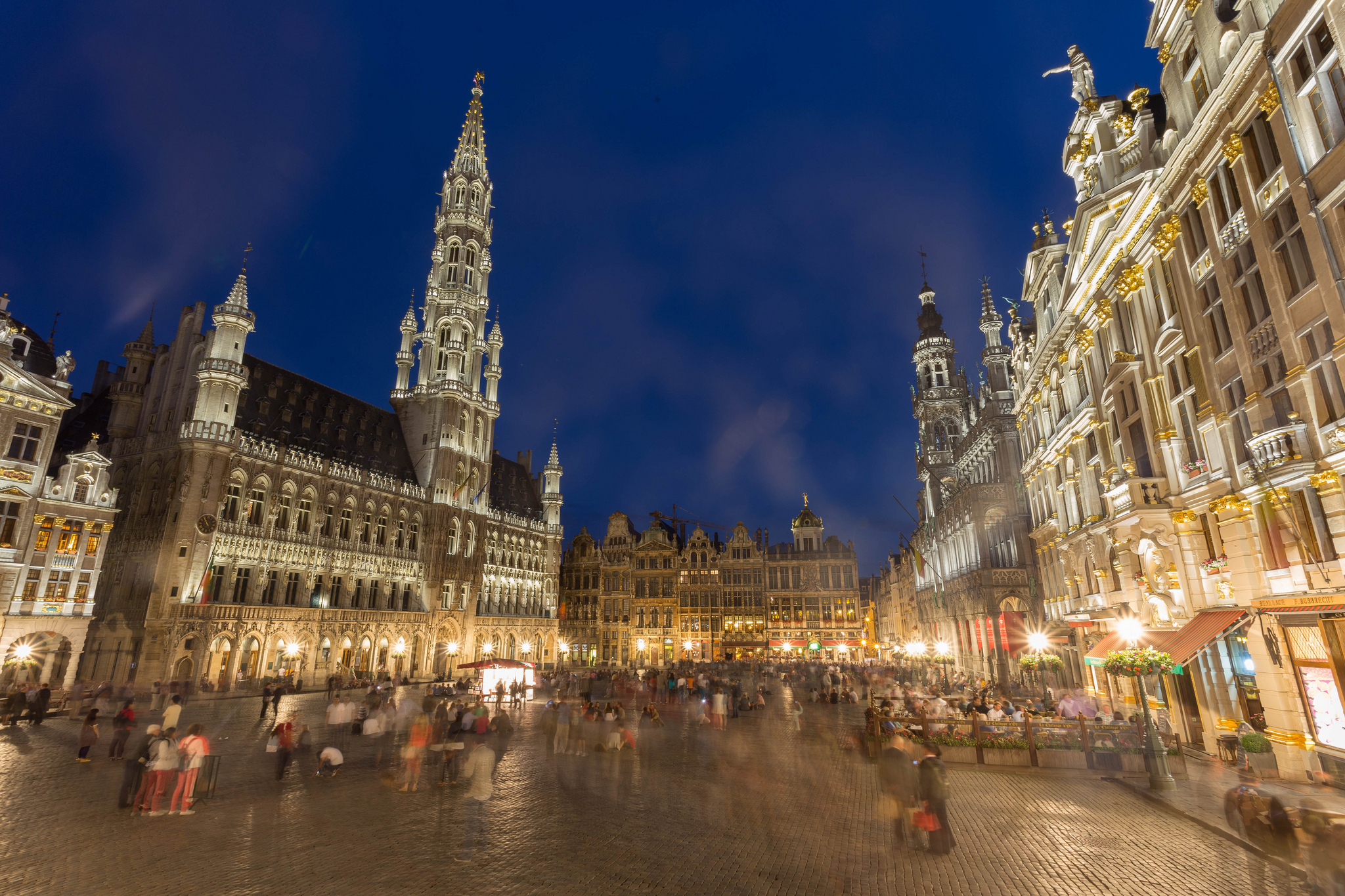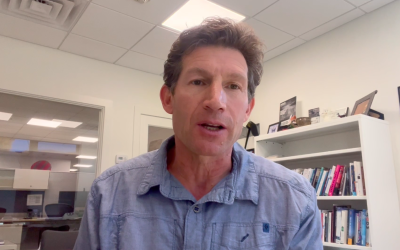
Destination marketers know the positive impacts of travel. Even in tumultuous times, visiting new places can create connections that bring us closer together. But when emergencies or crises disrupt governments, nations and cities, how can destination marketing organizations (DMOs) respond?
This is part 2 of our two-part interview with Elke Dens in our Leading Thinkers series, which features the insights of those who participated in discussions at Destination Think Forum 2016 . Based in Brussels, Dens is Marketing Director at Visit Flanders and also Chair of the Marketing Group at the European Travel Commission (ETC).
In part 1, Dens explained Visit Flanders’ approach to destination development and how the organization defines success. In part 2, she describes how and why the ETC promotes the European brand, and her advice for destinations who face disasters beyond their control.
Destination Think: As Chair of Marketing at the European Travel Commission (ETC), what strategies do you use to promote Europe’s brand in a time when large institutions like the EU are in turmoil?
Elke Dens: We promote Europe as a travel destination to long haul markets like Brazil and China where the Europe brand reinforces national brands, because we know that visitors from these markets perceive Europe as a destination on its own. You can see it in their travel behaviour as they tend to visit more than one European country during a trip. We focus on Europe’s strengths, like our history, our cities, our arts & culture and our specific lifestyle and gastronomy.
The European Union acknowledges the importance of tourism for the continent and has therefore designated the European Travel Commission as a privileged partner of the European Commission for the promotion of the European destination.
The specific activities of the European Travel Commission are directed by the national tourist offices in Europe, which are represented by their CEO in the ETC’s general meeting.
Recently, some European cities have endured emergency events that have caused a drop in travel (e.g. the attacks on Brussels in March 2016). How should a DMO respond to a crisis beyond their control?

Elke Dens, Marketing Director at Visit Flanders & Chair of the Marketing Group at the European Travel Commission
I think DMOs are used to dealing with situations beyond their control, but in a crisis situation, you certainly can’t act like it’s business as usual, or do nothing. A crisis forces you to immediately review all activities that have been programmed or are being executed at the moment. You need to monitor how your different markets are responding to the crisis and then adapt marketing activities accordingly. That is what a DMO needs to do immediately within it’s own organization. Although every crisis is different, a general crisis communication plan has proven to be very useful to guide us through all the necessary steps.
However, it’s even more important for a DMO to show leadership in a crisis situation and to unite all of its tourism stakeholders.
How can a DMO show leadership?
Tourists who are in, on the way to your destination, or planning a trip to your country will immediately have many safety questions and concerns. To give them the best possible service, you must make sure all tourism stakeholders have correct and up-to-date information about safety regulations.
So as a DMO, it is very important to stand up and make sure tourism is involved at the highest level, and preferably to have a seat at the table at the official crisis management, to make sure the tourism industry and tourists are well-informed and that their voice is heard.
A DMO needs to bring all tourism stakeholders (hotels, airport, carriers, attractions, etc.) together as soon as possible. You need to provide them with the necessary information, and make sure you speak with one voice. It’s equally important to listen to their concerns and ideas and then think of solutions together.
You must enable good collaboration because in a crisis situation it’s very important to be able to lean on each other. For example, if public transport is not available, you need to be able to count on other transportation suppliers. When you are united, you will be stronger and more agile to respond to the crisis.
Gain more valuable insights from speakers, panelists and participants from Destination Think Forum, where the world’s leading destination marketers gathered to address their greatest challenges. Read more interviews with Forum’s Leading Thinkers.
Featured image credit: Jiguang Wang, Flickr









Thank you for this articlce!
I have ever been in Europe and it was an amazing experience! I also did a website about it with some articles:
https://operalphotography.wordpress.com/category/europe/